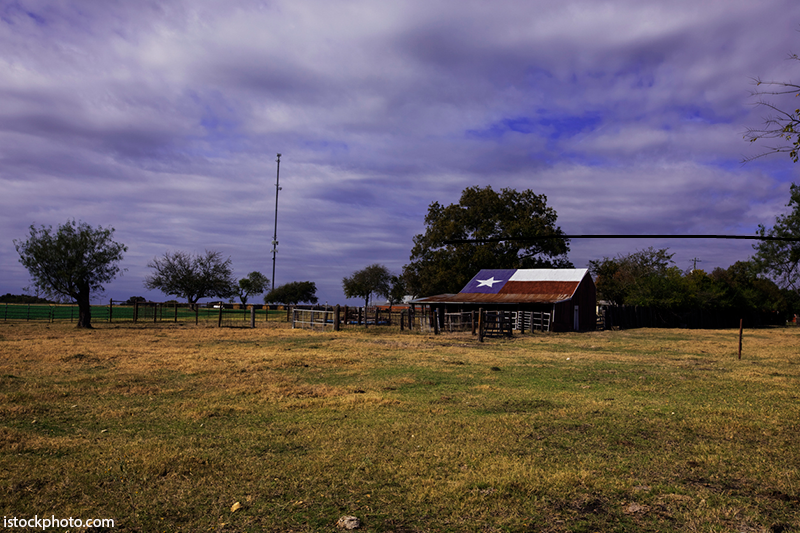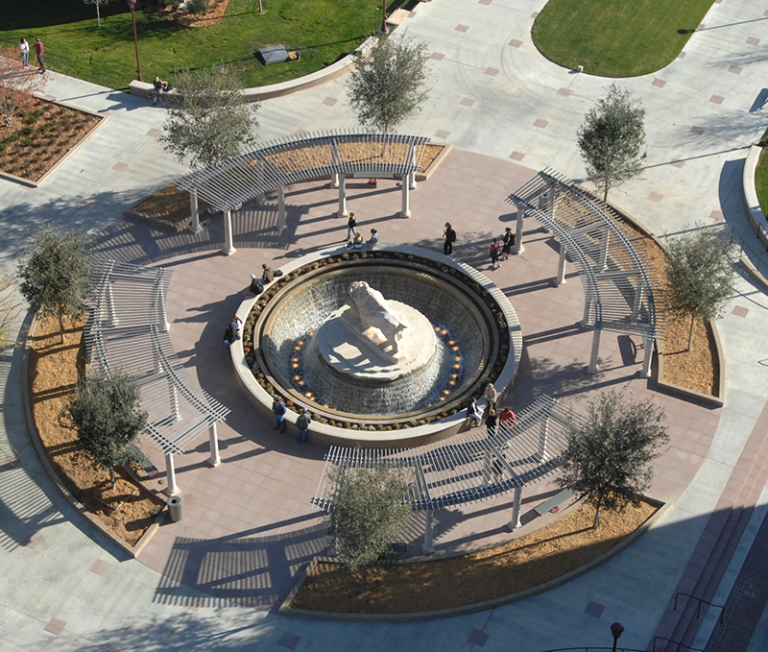
Over the next few weeks, I will address aspects of Panhandle conservativism. Simpleminded definitions or broad abstractions fail and are devoid of context. Thought applied to action creates results: life lived with purpose and independence. First in a series on the aspects of Panhandle conservativism.
As recorded by the American Enterprise Institute, true conservativism like that found in the Panhandle of Texas, is closely akin to classical liberalism. And, as espoused by John Locke in his Goal Setting Theory, is how healthy people live. That simple idea can be extrapolated to, or from, countless rural communities and community goals directed toward educational opportunity.
The Texas Panhandle is a conservative outpost. The value of established customs and traditions are not the walls of a prison cell but doorways to new ideas. William F. Buckley, on the founding of the National Review in 1955, wrote in the publisher’s statement, “And in the back of all political institutions there are moral and philosophical concepts, implicit or defined. Our political economy and our high-energy industry run on large, general principles, on ideas, not by day-to-day guesswork, expedients and improvisations. Ideas have to go into exchange to become or remain operative; and the medium of such exchange is the printed word.”
Free thought is not an intellectual straight-jacket of conforming to laws, rules, ideas, concepts or traditions without question or reason. Free thought is a principled position on the spectrum of thought, not a fad extracted from someone else’s back pocket. A space defined by generally agreed-upon standards is not confining, it is liberating; leading to a form of pragmatism that is alive in the principles of the Panhandle. Panhandle standards (values) get the job done. I witnessed, in McLean, Texas a guiding pragmatism: “In many institutions, public and private, security and significance are calibrated by position in the constellation of roles and responsibilities (a pecking order) rather than by the flexibility and commitment that it takes to get the job done. Bureaucracies petrify themselves, rock-hard when process and standing become more important than result.” In McLean, Texas, the tradition of thoughtfully getting the job done is time-tested and invaluable.
Upholding the rule of law is a single bedrock principle: a focus on maintaining order and protecting individual rights, while providing opportunity for all, regardless of circumstance. For the vast majority of people, opportunity follows performance, not station in life. And, when invoking the concept of the rule of law, I am not talking about a top-down, abstract principle leading to regimentation or, more confounding, entitlement. Rather, I found in Gruver, Texas a sense of community that rewards people, based on merit, for following forward progressing guideposts that create fairness and civility, allowing and encouraging success and hard work to flourish. Edmund Burke, considered by many to be the father of modern conservativism during the support for the American revolution said it this way, “It is not what a lawyer tells me I may do; but what humanity, reason and injustice tell me I ought to do.” Results follow. “The power of community flourishes in Gruver, Texas, where a donated parcel of land (410 acres) allows farmers to grow corn to help students go to college. The Gruver Farm Scholarship Foundation was established in 2012 to motivate students through incentives and encourage academic and extracurricular success.”
Deep principles provide liberty with boundaries that nurture progress. Frederick Hayek, Austrian–British philosopher and Nobel Laureate in economics, in describing behavior that leads to progress in a free society, said, “He will therefore have to use what knowledge he can achieve, not to shape the results as the craftsman shapes his handiwork, but rather to cultivate growth by providing the appropriate environment, in the manner in which the gardener does this for his plants.” In Gruver, Texas, opportunity is fueled – cultivated – by the growth of corn.
There is a principled belief, in a well-functioning free society, that ethical imperatives spawn liberty. Steve Forbes argues in The Moral Basis of a Free Society, that capitalism and democracy alone will not sustain a republican form of government. Rather, a moral perspective is required. He suggests that while capitalism and democracy are important, there is a higher necessity. “We are learning the hard way that a self-governing nation must consist of self-governing individuals. A breakdown in the moral fabric of society has dire consequences. An explosion of violence, crime, drug abuse, sexual promiscuity and out-of-wedlock births undermines the blessings of liberty and prosperity.” Forbes’ fundamentals resonated with what I found In Booker, Texas; a frontier community with characteristics similar to those discovered by the student of the frontier and author of “The Significance of the Frontier in American History,” Frederick J. Turner. Booker, Texas shares a soul with Wall Street and Silicon Valley. It has a frontier attitude. “That attitude means that we welcome new experiences, realize the importance of community as a means of survival and appreciate the combination of the individual experience and community life. Strengthening each leads to power in both. West Texas A&M University is a frontier too. Don’t dismiss it—and miss it—because it’s close to home.” West Texas A&M University is something special because of its place, the people who populate it and the principles they practice. Not ideology, but ideas that lead to a purposeful, principled life.
Walter V. Wendler is President of West Texas A&M University. His weekly columns are available at http://walterwendler.com/.




